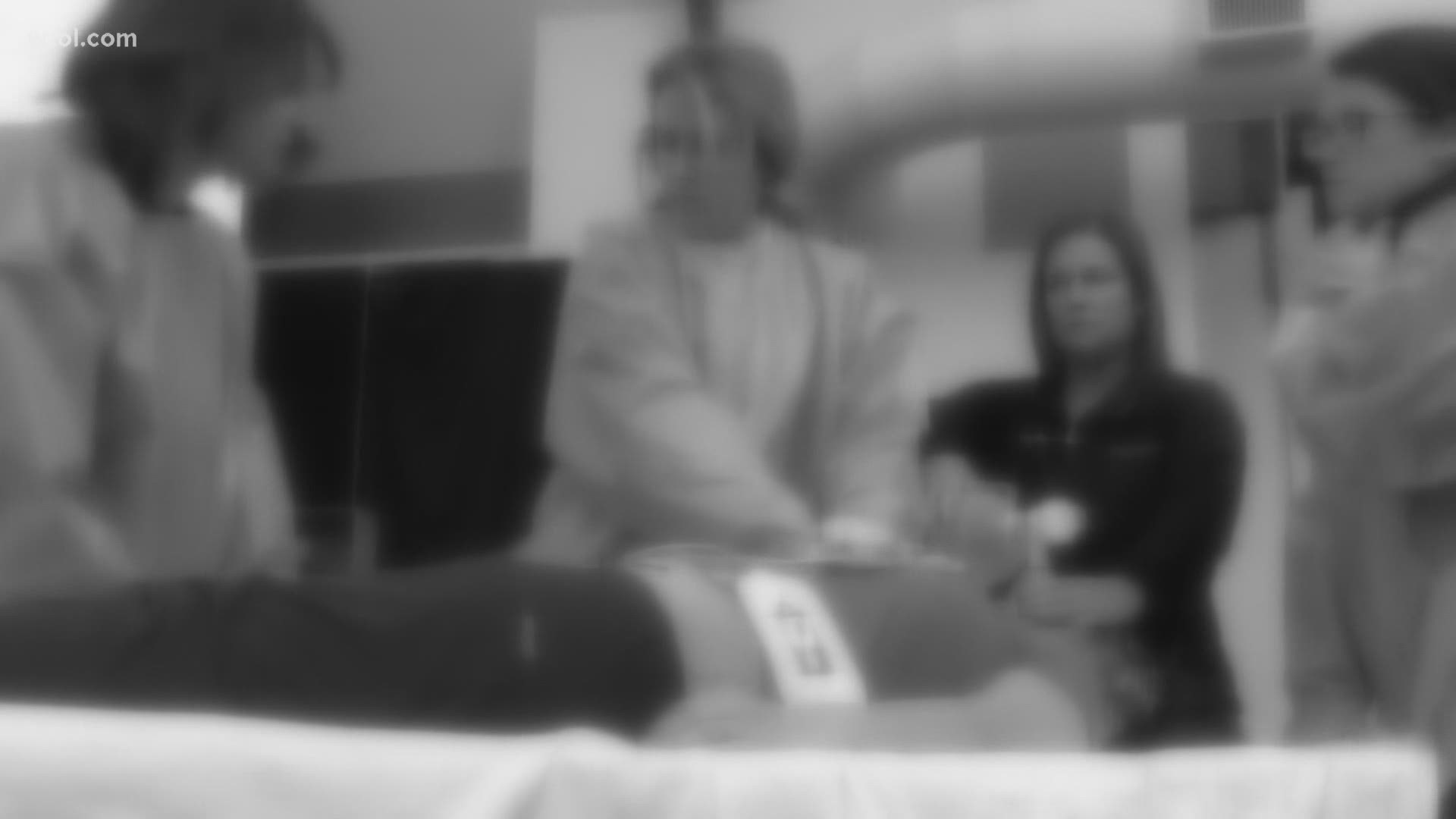Recovery advocates fear addiction and overdose deaths are worsening due to the pandemic. Local substance abuse treatment facilities are busier than ever.
Matt Bell, CEO of Midwest Recovery, said their wait list has never been longer.
"We want to help people, but we have to refer them to another agency right now, because we don't have enough beds," he said.
Bell believes a variety of factors are behind the rise in people seeking help. At the start of the pandemic, many faced a disruption of care where they weren't able to attend support groups or seek treatment that was once available. Now, Bell believes many people still want that help, and the pandemic is making addictive habits harder for others to maintain.
“I know that a lot of people are working from home right now. So I think that makes it easier for things to come to the light and harder for people to hide their addictions. Also thinking back on my past, it would have been very difficult to feed an addiction nowdays," Bell said.
JD Krenk, a discharge coordinator with Midwest Recovery, said social distancing and masks also play into a lack of connection for addicts. He believes we all need that human connection to hold ourselves accountable to our goals, be it addiction recovery, working out or just a healthier lifestyle.
"People have to work a lot harder to stay connected right now," he said.
As Bell put it, "Addiction is the absence of connection."
On the law enforcement side, US. Attorney for the Northern District of Ohio Justin Herdman said the pandemic showed positive signs for the opioid epidemic, at first. The shutdown in April and May disrupted drug supply nationwide. Especially in northern Ohio, Herdman said law enforcement saw a significant decrease in overdoses because the supply of drugs was limited.
However, once lockdowns were lifted, Herdman explained things changed.
"We quickly began to see a surge in overdoses and narcotics activity," he said.
Nationwide, more than 40 states say they're seeing overdose deaths increase, according to the American Medical Association. Recovery advocates believe they are seeing more people relapse. They're also warn that skyrocketing alcohol sales during the pandemic are due to people seeking what's available to cope with anxiety and other underlying mental health issues.
From the treatment side of things, Bell said they've had to get creative in dealing with the proper protocols and CDC guidance.
"For a while, it just seemed like things were changing every day," he said.
Bell explained it has been a balance making sure both staff and clients feel comfortable to provide and seek treatment. Their centers do a lot with clients in terms of housing, food, activities, meetings, support groups and more that puts personnel and patients in constant contact.
One silver lining of the pandemic is the explosion of telehealth resources. More people have access to help with the click of a video call.
Recovery advocates point out the challenge is making sure everyone has the technology to access telehealth resources.
September marks National Recovery Month. If you or someone you know needs resources to fight addiction, Lucas County's DART program is a great place to start. Simply call (419) 213-6582 to talk to someone.

